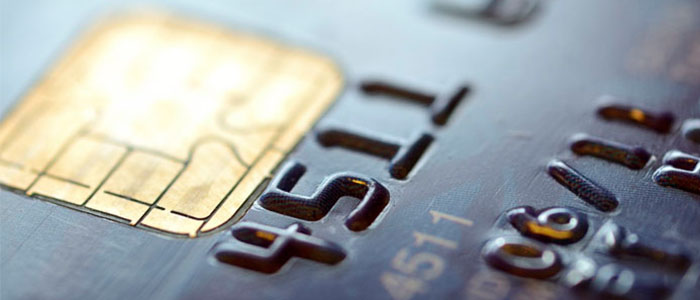Credit cards can sometimes be hard to get your head around, as it’s not always easy to understand some of the more complicated details.
We’ve come up with a new regular feature to help bust some myths and iron out any confusion you might have on a range of different subjects, starting with credit cards.
How do I increase/decrease my credit limit?
When you take out a credit card – such as the Ocean Credit Card – the provider will set a maximum amount they will allow you to borrow or spend up to. How much they set that at depends on your credit history, income and other personal circumstances. If you have a poor track record when it comes to using credit – such as late or missed payments – or just don’t have much credit history because you’ve never borrowed before, you’ll probably be offered a lower credit limit.
If you want to increase your credit limit it’s best to use your card for a period of time, keeping at your current limit. This will demonstrate that you’re able to manage your spending responsibly, and you may be eligible for a credit limit increase at a later date. Once you’ve established a good track record, if you need a higher limit – perhaps for a one-off large purchase – just give your provider a ring and ask them if they will increase it. Remember though, that whatever limit they set for you, it doesn’t necessarily mean that it’s a good idea for you to borrow that much. It’s down to you to ensure that you don’t borrow more than you can afford to repay.
When you get your card, if you feel that the limit is too high and may just tempt you into spending more than you can afford, then don’t hesitate to ask your provider to reduce it. Similarly, if your circumstances change, perhaps if you experience a drop in income for example, again it might make sense to ask them to drop your credit limit to help you avoid overextending yourself.
Find out more about the Ocean credit card.
What will happen if I don’t keep up with my repayments?
If you have late or missed payments on your credit card, this will affect your credit score, meaning it could be hard to get a mortgage or a loan. Not paying anything towards your credit card balance means that you are likely to build up interest and late payment fees too, or even default charges. This is why you should at least try to repay the minimum monthly amount on your card.
There are many reasons why you might not be able to afford your credit card repayments: a change in your financial situation, such as redundancy, an unexpected bill, or if you’ve simply forgotten to budget for it. Whatever your reason for not repaying, the most important thing is that you get in touch with your card provider and keep them up to date with your situation as soon as you possibly can. They may be able to come to an arrangement with you, where you could pay smaller amounts towards your credit card balance over a longer time. Bear in mind that this will mean you’ll pay more in interest in the long run, but it may mean that you’ll be able to prevent any late or missed payment charges building up.

Can I use my card abroad?
Yes – you will be able to use your credit card to pay for goods when you’re overseas, though not everywhere will necessarily accept this form of payment. As in the UK, keep a look out for the “accepted here” logos from VISA and the other payment networks.
When booking travel it is also worth considering putting the cost of the holiday, hotels or flights onto your credit card as you’ll be covered by Section 75 of the Consumer Credit Act if you pay for them in full on your card and they come to more than £100. This means that your purchases are protected: so, for example, if the holiday company were to go bust before you went away, you’d be able to claim back the money you’d spent through your credit card company, meaning you won’t be left out of pocket. Keep an eye out though, as some travel firms charge extra for credit card bookings.
What are the fees and charges on my credit card when I use it abroad?
How much you’re charged to use your credit card abroad depends on your provider, as fees can vary. Generally, there are two different costs to work out. Firstly, most providers charge a percentage of the transaction (sometimes with a minimum cash amount). For example, they might say 3% of the transaction, minimum £2.
Second,ly the provider will translate the foreign currency value into £s. They will do this at the exchange rate on the day that the transaction hits your account.
In general, it’s not advisable to use your credit card to take out cash at an ATM as this can incur high charges and you may be charged interest from the date of the withdrawal even if you pay your balance off in full. It may also affect your credit score as lenders may see it as poor money management. This applies both in the UK and when you’re using your card abroad, so make sure you get your spending money before you go.
How will my payments be allocated?
Though you have one credit card bill, it actually breaks down into several separate payments. Any late payment fees and cash transaction fees are part of this, as well as your card balance. When you make your monthly repayments, your credit card company will generally take your payments towards the highest interest rate first, meaning late payment fees or cash transaction fees. This is known as a positive order of payment and means that the higher interest payments will be cleared quicker, so less interest will build up.
Disclaimer: We make every effort to ensure that content is correct at the time of publication. Please note that information published on this website does not constitute financial advice, and we aren’t responsible for the content of any external sites.








